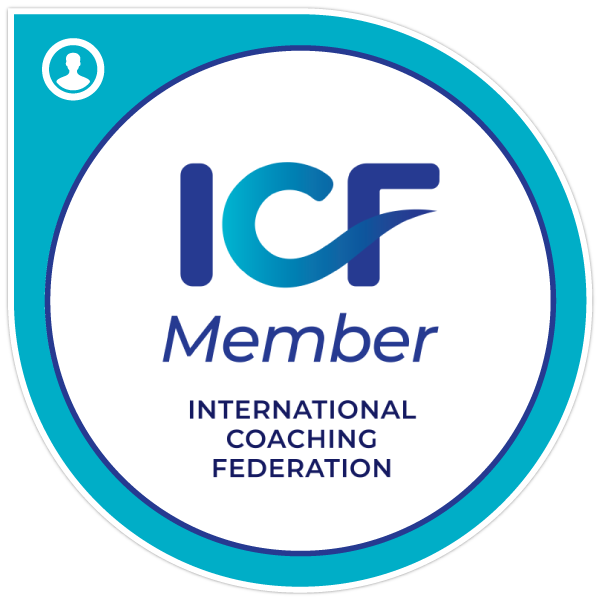The Importance of Getting to Know Your Employees
Rich Baron • July 26, 2023
Getting to know your employees can be a recipe for success
Knowing your employees or team members is one of the most important aspects of being a leader. To be a leader, you need people to follow you. Knowing your team members and showing a real appreciation for them and their personalities, wants, needs, and work styles will build a sense of trust and community within your organization. Although your leaders are likely paying close attention to the results you produce, your employees are paying attention to something else entirely — the way you treat them, and the way you make them feel as individuals. Getting to know your employees plays a crucial role in motivating them to deliver their very best.
Leaders don’t always realize it, but the way they interact with their employees can often make or break their team’s work experience. One study showed that 57% of employees quit their jobs because of their bosses, with an additional 32% seriously considering a job change to get away from an unruly manager. Data also shows that employees are more productive when they have positive, fair relationships with their bosses — so even if that 32% can’t be bothered to put in the effort to find another job, you can bet they aren’t giving it their all during the workweek — and likely, that reality stems from an uninspiring leader who lacks the leadership traits to bring their employees along for the journey.
Certain leadership traits can inspire loyalty amongst your team members simply because it makes them feel as though they are trusted and valued members of the team. Here are a few suggestions that can help you and your team get to know one another better.
Empathy
Think back to when you were beginning your career, or perhaps a few years into a job you were excited about. How did you feel when you went to work? Did you feel as though your organization truly valued who you are? How much of that stemmed from having a good leader that took the time to get to know you? Or perhaps a not-so-good leader that only knew you for your name, and numbers you represented on a spreadsheet.
Leaders have a great deal of control over the way their employees feel from day to day. You can be the reason they excel with the company or the reason they are giving their two weeks’ notice. A great way to ensure you stay in touch with your employees is by practicing the leadership trait of empathy — put yourself in their shoes and act accordingly.
Time
With only so many hours in the day, how much time should you spend getting to know your team members? Consider the 80/20 rule. Spending 20% of your time getting to know your employees can build relationships that pay off in the long run and have a ripple effect for you, your employees, and your team as a whole. When time is precious, you’ll start to see every encounter as an opportunity. Getting to know your employees helps you manage them in a much more effective way. You can learn their strengths and their passions, and when those two factors combine, your team will feel a real purpose and become much more efficient.
In my personal opinion, leaders who “Don’t have time” to get to know their employees are really just using that as an excuse. If leaders are ignoring something as important as getting to know their employees, for this reason, they are simply prioritizing something else instead.
Open Communication
Open communication allows you to decide how employees receive difficult or confusing messages: directly from you, or from water cooler conversations. Getting to know your employees also allows for more open, honest communication between everyone involved. And beyond the bigger conversations, effective communication can have a large impact on productivity — the clearer you are about your expectations and goals for the organization or your individual team, the more likely your employees are to rise to the occasion. Once you have built this foundation with your team members, you’ll be able to continue open and honest communication and create a work environment where everyone feels supported and that they have something important to offer.
Trust
The most important thing to take away from getting to know your employees comes down to one word – trust. Taking the time to know what is important to your team member shows them that you value them as more than just a worker but also as an individual. By getting to know your employees on a personal level, they will feel like they are valued not just for what they do, but who they are.
Honesty
There is little that can do more damage to your reputation as a leader than dishonesty. Getting to know your employees and earning their trust is a hard-fought battle as it is — destroying that trust with a lie or by taking credit where it isn’t deserved can set you on a path with little hope for return.
Employees often ask difficult questions, and while it may be easy to brush them off or tell a white lie in the moment to save face, being honest will gain you far more respect, and you may be surprised to find that your employees have come armed with solutions for the problems they’ve brought to your attention.
Getting to know your employees, and allowing them to get to know you allows you to go beyond answering tough questions with candor—it allows you to admit when you’ve made a mistake as well. Though it’s never easy to do, admitting to a mistake and demonstrating honesty and accountability will build your reputation as an honest leader and help your employees realize they can be honest with you when they’ve made mistakes of their own.
Coaching and Development
Using your knowledge to help your employees learn and grow within their roles in the organization is one of the most surefire ways to inspire loyalty amongst your team members. Failing to get to know and develop your employees will make it particularly easy for them to leave if an opportunity arises. It is particularly easy to leave a leader that doesn’t invest any time or energy into their people, but it is much more difficult to leave someone who puts genuine effort into getting to know their employees and is truly dedicated to their personal growth. Use the expertise you have earned throughout your career to help those you work with, whether it relates to time management, navigating inter-organizational relationships, or working on complex clients or projects.
Conclusion
The bottom line is that employees feel engaged and valued when their leaders connect with them on a personal level. They feel like coming to work daily, facing challenges, being more productive, and striving hard to take their organization to the top. However, if there seems to be a block between you and other leaders and the team members, you may want to ask yourself how well you know your employees. When it comes down to it, a successful, effective team and organizational culture is much more than simply names and job titles.
About the Author
Rich Baron is a Master Certified Intelligent Leadership Executive Coach with over 25 years of experience in operational and executive leadership positions.




